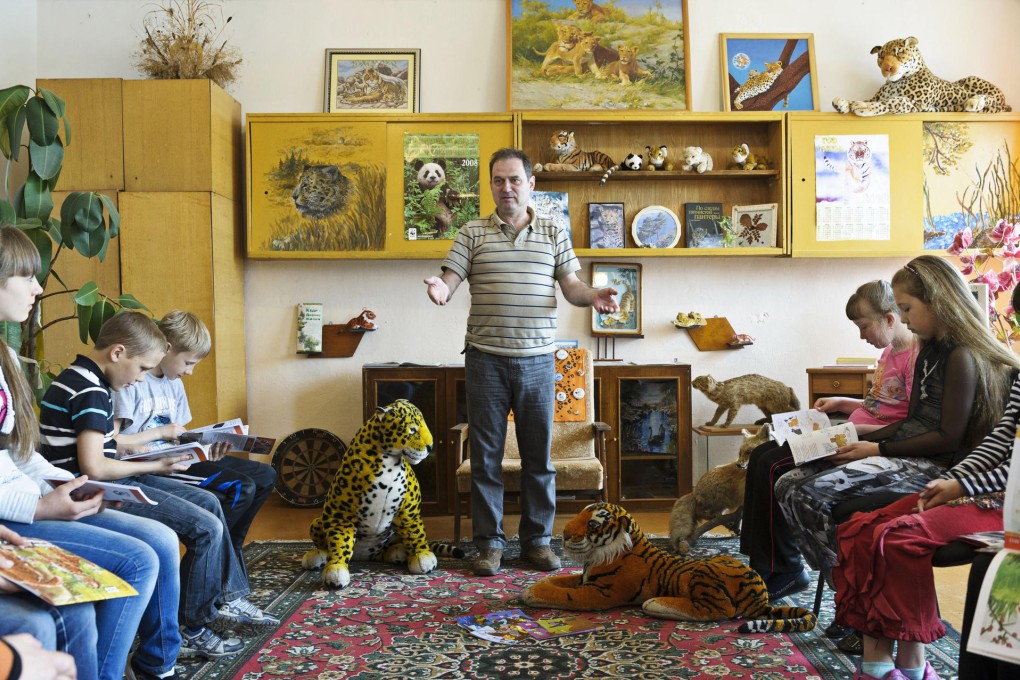Beyond recognition
The Rolex Awards for Enterprise honour people who are trying to improve the lot of humanity and the place we call home. Victoria Burrows meets the latest laureates

The Rolex Awards for Enterprise, launched in 1976, are presented every two years to individuals launching or running a project that has the capacity to improve lives or protect the world's natural or cultural heritage.
The awards support pioneering work in five areas: applied technology; cultural heritage; the environment; exploration and discovery; and science and health. Projects are assessed on originality, potential for impact, feasibility and the candidate's spirit of enterprise, often in the face of extreme odds. An independent international jury selects the winners, who are each given 100,000 Swiss francs (HK$840,000), or 50,000 francs for those in the below-30 "young laureates" category, and the benefit of media exposure.
In November, the latest group - five laureates and five young laureates - were honoured at a glittering ceremony in Delhi, India. Here is what the full laureates are doing to make our world a better place:
While a host of celebrities support saving tigers, the real face of conservation for these big cats could be that of Sergei Bereznuk. The 52-year-old Russian is unknown outside conservation circles but has, since the 1990s, been on a quest to save the Siberian tiger, the biggest felid on Earth. Members of this subspecies weigh 200kg on average and measure about two metres in length, three metres if the tail is included.
Russia's far east is home to 95 per cent of the global population and through the efforts of Bereznuk's Phoenix Fund, an environmental organisation that protects the fauna and flora of the Primorsky Krai region, this big-cat population has been stablised, at about 450 to 480 tigers. That is quite an achievement, given the ongoing battles against poaching, habitat loss, legislative obstacles and organised crime.
"The tigers' main threat is poaching," says Bereznuk. "Local people kill tigers to protect their livestock, hunters sometimes kill tigers accidentally and then there are professional poachers. Although the official number of tigers killed through poaching is 15 per year, I think it is closer to 40 or 50 a year."